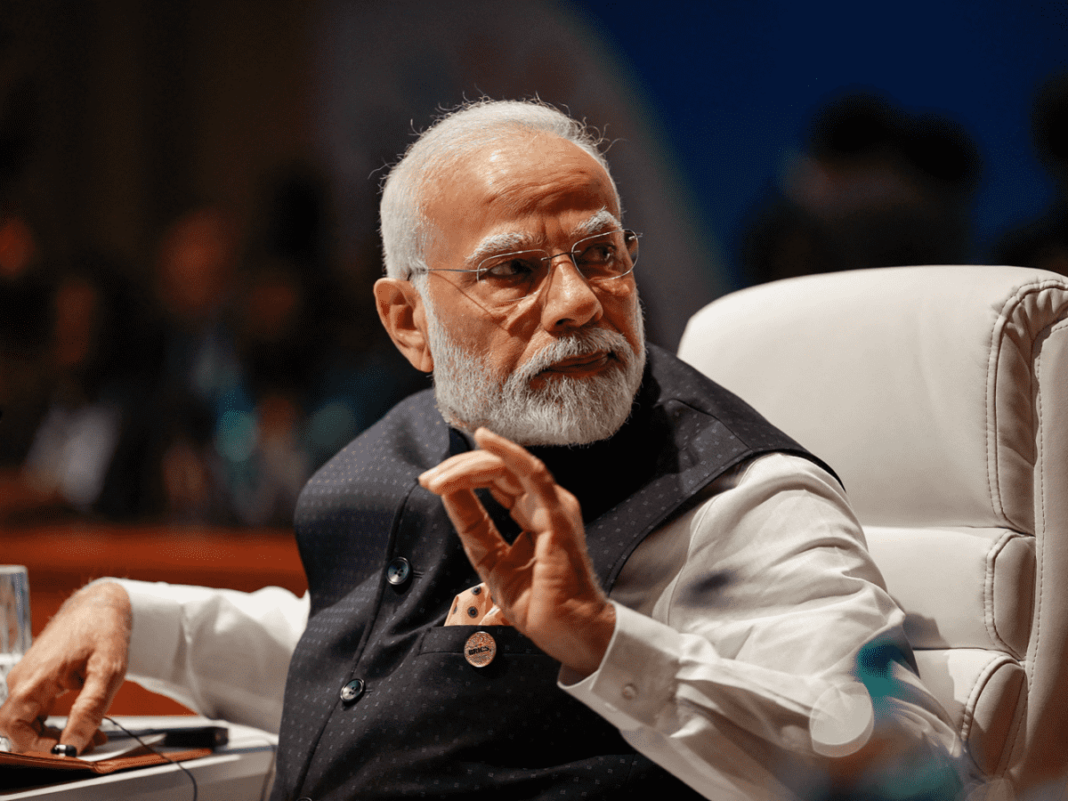The recent budget announcement by the government has generated significant interest among economists, policymakers, and businesses. The Indian business community has given a positive reception to the Union Budget, emphasizing that the Finance Minister’s annual budget lays the groundwork for enhancing personal consumption via access to more disposable income.
This will be achieved by fortifying agricultural incomes, facilitating the creation of employment opportunities through extended credit, steering the economy towards long-term growth via upskilling, boosting domestic consumption through adjustments to direct taxes and capital gains, and fostering the tourism sector.
With a focus on driving economic growth and stimulating consumer spending, Finance Minister Nirmala Sitharaman has several implications for consumer spending and retail growth in India. One of the key highlights of the budget is the government’s continued emphasis on agriculture and rural development. The allocation of Rs 1.52 lakh crore for agriculture and allied sectors, alongside the release of 109 high-yielding and climate-resilient crop varieties, marks a significant advancement for the retail sector.
The budget’s emphasis on incentivizing the new tax regime through increased deductions for employer contributions to NPS accounts (raised from 10% to 14%) reflects a deliberate focus on encouraging greater consumer spending. This strategic measure is expected to impact consumer behavior by making spending more appealing than saving.
The anticipated rise in disposable income is likely to lead to heightened consumption in the FMCG sector, as consumers are poised to allocate a portion of their increased earnings towards everyday goods and services. This strategic decision will spur consumption growth, ultimately contributing to the overall economic expansion.
Impact of Union Budget 2024 on Indian Retail Sector:
Rural Development
The budget has greatly emphasized investments in infrastructure and rural development, which would potentially boost the purchasing capacity of rural consumers. Additionally, the allocation of funds toward agricultural reforms and rural employment programs could augment consumer spending in these regions.
Financial Aids
By providing financial assistance, tax benefits, and easier access to credit, the government aims to foster entrepreneurship and job creation. This focus on promoting SMEs could lead to a surge in local manufacturing and production, which in turn could amplify the supply of domestically produced goods in the retail market. Moreover, the burgeoning startup ecosystem can bring forth innovative products and services, ultimately diversifying consumer choices and driving retail growth.
Tax Relief Measures
Tax relief measures, including an expanded standard deduction for salaried employees, are set to bolster disposable income for consumers, consequently providing a significant uplift to the retail sector. The budget gives special attention to critical areas such as the distribution of climate-resistant seed varieties, the expansion of digital public infrastructure, and the promotion of natural farming practices, all of which are poised to enhance productivity at the farm level.
PM Modi’s Budget 3.0 holds the promise of sparking a revival in consumer spending and driving retail growth through a comprehensive strategy involving tax reforms, rural development, support for SMEs, digitalization, and sector-specific incentives. The potential influence of these measures on consumer behavior and retail dynamics highlights the budget’s significance in steering the course of the Indian economy.




